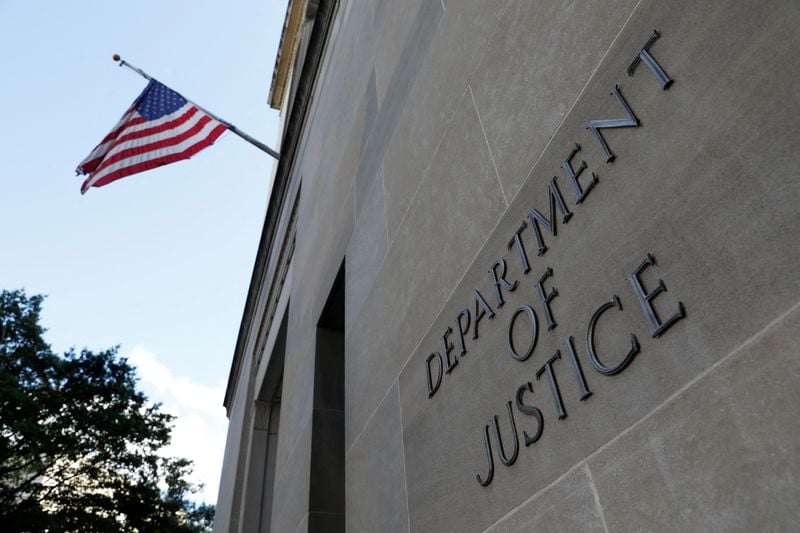HARRISBURG, PA —The United States Attorney’s Office for the Middle District of Pennsylvania announced that the United States has filed a civil lawsuit against Dr. Peter J. Baddick, III, a family medicine practitioner, alleging that he issued medically unnecessary prescriptions for Subsys, a fentanyl-based spray manufactured by Insys Therapeutics, Inc., and used to treat breakthrough cancer pain. Dr. Baddick saw patients at his practice, Penn Medical Group, P.C., which operated in Lehighton, Pennsylvania. Penn Medical Group ceased operations in September of 2019.
According to U.S. Attorney John C. Gurganus, the Complaint alleges that Dr. Baddick violated the False Claims Act by prescribing Subsys to patients for whom the fentanyl-based drug was either not medically necessary or otherwise inappropriate. These prescriptions were submitted to and paid through the Medicare and TRICARE federal healthcare programs. The United States specifically alleges that from April of 2015 through December of 2015, Dr. Baddick prescribed Subsys to two patients, neither of whom had cancer and continued to write Subsys prescriptions for both patients after they raised concerns about the drug’s effects. The federal healthcare programs paid $308,701.94 for eighteen Subsys prescriptions to these two patients.
The United States previously prosecuted Insys under a criminal information filed in the District of Massachusetts, and Insys agreed to a global resolution of the government’s separate civil and criminal investigations. As part of the civil resolution, Insys agreed to pay $195 million to settle allegations it violated the False Claims Act, and as part of the criminal resolution, it entered into a deferred prosecution agreement with the government, its operating subsidiary pleaded guilty to five counts of mail fraud, and the company was subject to a $2 million fine and $28 million in forfeiture.
“The Department of Justice has a duty to protect the health and welfare of our citizens and to ensure that the taxpayer dollars that fund the federal healthcare programs are only expended for necessary medical services,” said U.S. Attorney John Gurganus. “Subsys is a potent and addictive opioid that was approved to treat cancer patients suffering from breakthrough pain. It is also a very expensive drug. Doctors who write medically unnecessary prescriptions for Subsys irresponsibly risk their patients’ wellbeing at taxpayer expense. It is imperative that we hold these healthcare providers accountable for their actions.”
“Protecting TRICARE, the health care program for active-duty military personnel, retirees, and dependents, is a top priority for the Department of Defense Office of Inspector General’s Defense Criminal Investigative Service (DCIS),” stated Special Agent in Charge Patrick J. Hegarty, DCIS Northeast Field Office. “When providers write medically unnecessary prescriptions for controlled substances and cause the submission of fraudulent claims to TRICARE, they put TRICARE beneficiaries at risk and undermine the integrity of the program. The civil fraud action announced today demonstrates the DCIS’ ongoing commitment to work with the U.S. Attorney’s Office, Middle District of Pennsylvania, to investigate health care providers who cause false claims to be submitted to TRICARE.”
The claims asserted against Dr. Baddick are allegations only and there has been no determination of liability. The case is docketed as United States v. Dr. Peter J. Baddick, III, Civ. No. 3: 22-512 (M.D. Pa.)
This case was investigated by the Department of Defense Office of Inspector General—Defense Criminal Investigative Service and the U.S. Attorney’s ACE Unit. The U.S. Department of Health and Human Services Office of Counsel to the Inspector General assisted with the investigation. It is being handled by Assistant United States Attorney Brian Simpson.
# # #
